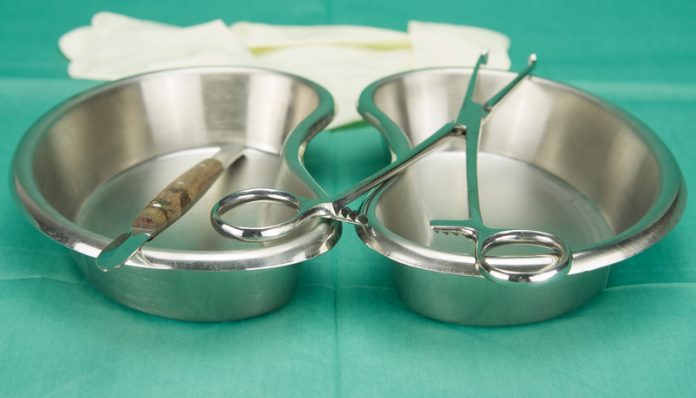Fiona Loud, Policy Director at Kidney Care UK highlights the challenges of organ donation in England and how the country lags behind Wales and Scotland
The Scottish government has announced that they will bring forward legislation for a presumed consent system, 2 years after Wales did the same thing. This raises the question of whether England should also move forward in the same way.
In England, if a person has not registered their wish to donate organs after their death, there is no presumption of consent. Families will be approached to give consent, and knowing what their loved one’s wishes were in life can make this decision much easier to support.
In Wales, since December 2015, where a person has given no indication, it is presumed that they have given consent (anyone who does not wish to donate their organs can opt-out by registering their decision). This is similar to the system that will be introduced in Scotland. Both countries held public consultations on consent, with 82% of Scottish respondents being in favour. The British Medical Association ran a UK public survey in 2017, with 66% supporting presumed consent1. The government has never held a consultation on presumed consent in England.
Organ failure – the human toll
When kidneys fail there are 3 things that happen – dialysis, a transplant, or death. There are 6,400 on the transplant waiting list now (5233 awaiting kidneys)2. At least 3 die waiting every day. Dialysis is distressing and demanding with 4-5 hour sessions 3 days a week, along with dietary and fluid restrictions. People are often unable to continue to work, families and relationships are strained, and depression is common. It has been reported that levels of pain are equivalent to those from terminal cancer; patients are exhausted with aching bones, reduced mobility, and constant itching.
A transplant is transformational in restoring quality and quantity of life; we recognise the selfless generosity of organ donors, both living and deceased. We commend NHS Blood and Transplant for their achievements, with 50,000 people now alive with transplants in the UK. Kidney transplantation is also economically beneficial: maintaining a person’s transplant is £5,000 pa compared with £30,800 pa on dialysis3.
Despite all the hard work there is still much more that could be done.
Opt-out
An opt-out system could result in more potential donors, provided the majority of the population support the adoption of such a system. However, this does not necessarily mean that the number of organs transplanted will increase to the same extent.
The Welsh and Scottish approach is called a soft opt out system because the family will always be involved in all discussions about donation. They will need to be present to answer questions about health and lifestyle. They can also say if they knew the family member did not want to be an organ donor. This is why the ‘donation conversation’ is still so important. In the first year since the introduction of presumed consent in Wales, one quarter of transplants came from patients whose consent was deemed4.
Consent
About 63% of families provide authorisation for their loved one’s organs to be transplanted. This figure has changed little over the last few years5. In the BAME (British, black, Asian + minority ethnic) communities the consent rate is far lower, at 34%. The UK has one of the lowest rates of consent in Europe. The BAME population is about 10% of the population but 30% of the waiting list so there is a particular urgency to support organ donation in these communities.
NHSBT encourages donors to discuss their wishes with their families (as does Kidney Care UK) and aims to increase family authorisation to 80% by 2020.
Spain has one of the highest deceased organ donation rates in the world, at 43.4 donors per million people. The UK figure is about half this (21.6 pmp). Spain says it achieves this with a combination of fully engaged teams of staff who do not let any opportunities slip, adequate operating resources, and a culture where everyone expects organ donation to be usual, as well as a presumed consent regime 6. The UK should aspire to similar standards. As improvements to the system of consent and family authorisation rates are likely to result in more donations, NHS resources must be made available to ensure they are transplanted. This means trained surgeons and nursing staff plus theatre and bed capacity and access to necessary medications and other care for transplant recipients.
Summary
The recent changes in Wales and the decision made in Scotland to change were taken only after extensive consultation with the public. Kidney Care UK believes that people in England should have the same opportunity to express their views on improving the organ donation consent system. However, this must be accompanied by continued work to tackle family authorisation and the resources to carry out the additional transplants. It really is a matter of life and death.
3 https://www.england.nhs.uk/wp-content/uploads/2014/04/a07-renal-transpl-ad-0414.pdf
4 http://organdonationwales.org/News/first-anniversary?lang=en
6. https://www.thelocal.es/20170111/how-spain-became-world-leader-at-organ-transplants
Fiona Loud
Policy Director
Kidney Care UK
fiona.loud@kidneycareuk.org











